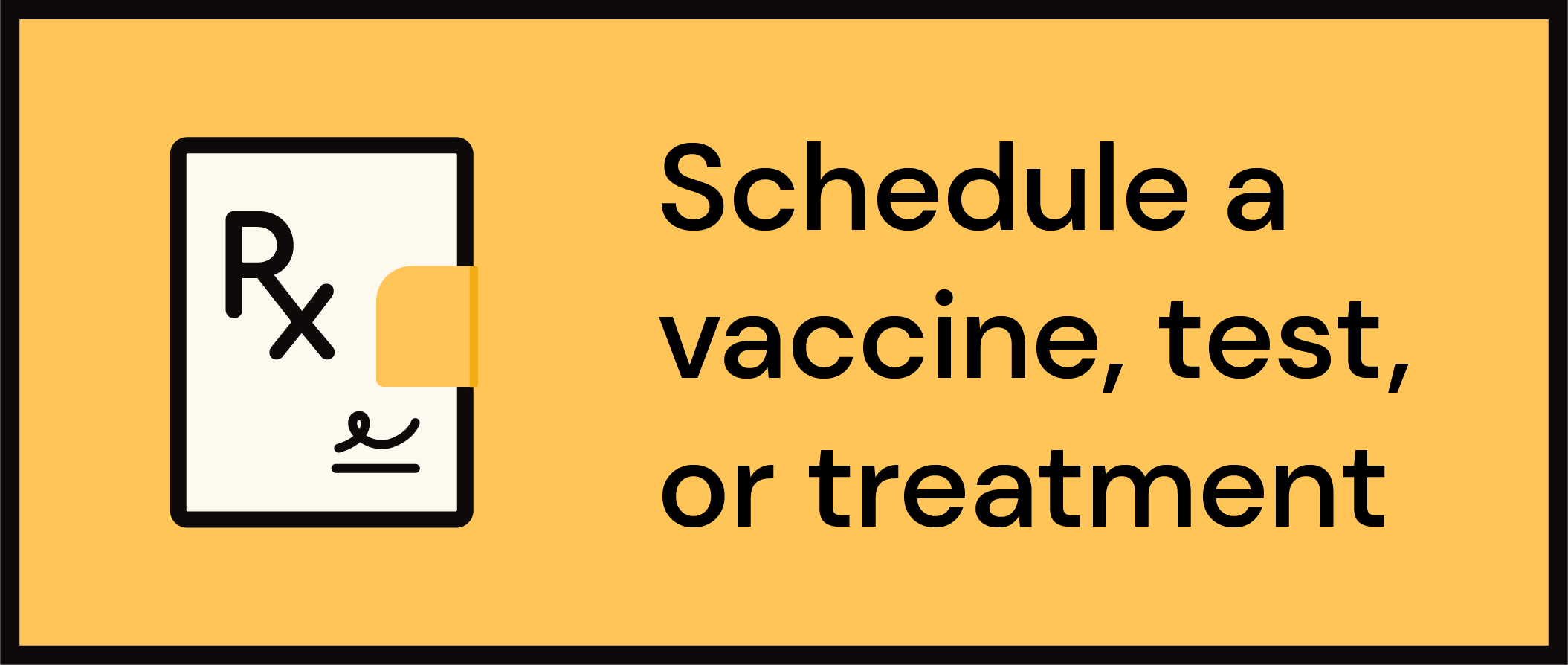Get Healthy!

- Dennis Thompson
- Posted November 21, 2023
Most Americans Know Little About Harmful PFAS 'Forever Chemicals'
Nearly half of Americans have never heard of health-threatening PFAS "forever chemicals,"a new survey has found.
PFAS (perfluoroalkyl and polyfluoroalkyl substances) are a category of thousands of manufactured chemicals that have become an emerging concern to environmental and human health, researchers from Texas A&M University said.
Nonetheless, 45% of survey participants had never heard of PFAS and did not know what they are, according to findings published Nov. 16 in the journal PLOS One.
"This is the first survey of its kind, and what we found is that the vast majority of people do not have a clear understanding of PFAS,"said lead researcher Allen Berthold, interim director of the university's Texas Water Resources Institute (TWRI).
PFAS are called "forever chemicals"because they combine carbon and fluorine molecules, one of the strongest chemical bonds possible, researchers explained. This makes PFAS removal and breakdown very difficult. PFAS compounds have been used in consumer products since the 1940s, including fire extinguishing foam, nonstick cookware and food wrappers, researchers said.
PFAS also has been detected in food and water supplies.
The U.S. Geological Survey estimates that at least 45% of the nation's tap water contains one or more PFAS chemicals, and in March the Environmental Protection Agency proposed a national standard for PFAS in drinking water.
"Research has come out in the last year showing that many Americans are exposed to PFAS, including through drinking water supplies, whether they know it or not,"said study co-author Audrey McCrary, a TWRI program specialist.
Research has shown that PFAS may interfere with fertility, hamper child development, and increase the risk of some cancers, according to the U.S. Environmental Protection Agency.
Despite this, many remain unaware of the pervasiveness and peril of PFAS, researchers said.
"When I ask an audience at a public presentation if they've ever heard of PFAS, usually only a few people from a room of 100 will say yes, and that's fairly consistent with these survey results,"Berthold said in a Texas A&M news release. "PFAS in drinking water has received media and regulatory attention this year, but the general public's awareness of the contaminant had not been measured until this research."
For the study, the research team conducted an online survey including 1,100 participants from across the United States.
Along with the 45% who knew nothing of PFAS, another 32% had heard the term but didn't know what they are, results show.
More than 97% did not believe their drinking water contains PFAS, while only about 12% knew their community had been exposed to PFAS.
The strongest predictor of a person's PFAS awareness was whether the chemicals had been found in their community, said study co-author Michael Schramm, a TWRI research specialist.
"However, of the people aware they were exposed to PFAS, approximately half stated they did not know what PFAS were,"Schramm said. "This indicates a large gap in the information being provided to the public."
The study found no major differences between groups of people when it comes to PFAS knowledge.
"It was very notable that there was no statistical difference depending on race, gender or age -- perception was largely the same across the board,"said study co-author Stephanie deVilleneuve, a TWRI research specialist.
More information
The U.S. Environmental Protection Agency has more about PFAS.
SOURCE: Texas A&M University, news release, Nov. 16, 2023








